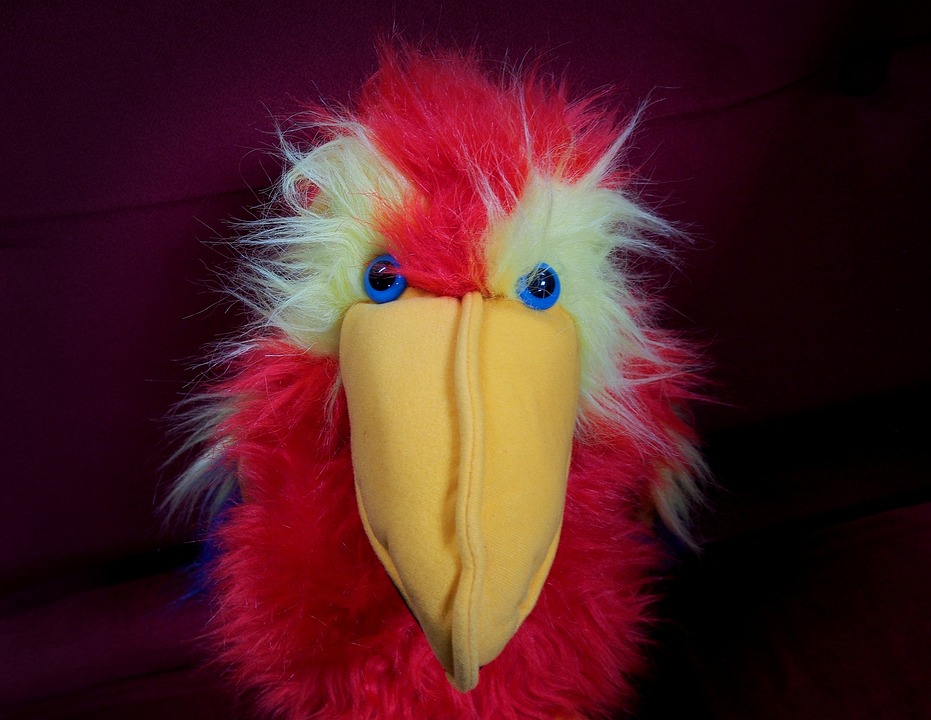Parrots are highly intelligent and curious creatures that thrive on mental stimulation. To keep them engaged and entertained, puzzle toys that require problem-solving skills can be a great addition to their daily routine. These toys not only provide mental stimulation but also promote physical activity, preventing boredom and behavioral issues in parrots. In this article, we will explore various ways to encourage interaction with puzzle toys and help your feathered friend develop problem-solving skills.
Why are puzzle toys important for parrots?
Parrots, in the wild, spend a significant amount of their time foraging for food. This natural behavior helps keep their minds sharp and their bodies active. However, in captivity, parrots often lack the opportunity to engage in this foraging behavior. Puzzle toys can mimic the foraging experience by challenging them to solve problems and rewarding them with treats or food. These toys offer mental stimulation, prevent boredom, and promote overall well-being in parrots.
Choosing the right puzzle toy
When selecting a puzzle toy for your parrot, it’s crucial to consider their size, species, and individual preferences. Here are a few factors to keep in mind:
1. Size and Complexity: Choose a puzzle toy that matches your parrot’s size and skill level. Start with simpler puzzles and gradually introduce more complex ones as your parrot becomes more experienced.
2. Material and Durability: Ensure the puzzle toy is made of safe and durable materials that can withstand your parrot’s beak and claws. Avoid toys with small parts that can be swallowed or pose a choking hazard.
3. Variety: Introduce a variety of puzzle toys to prevent boredom. Rotate the toys regularly to maintain your parrot’s interest and curiosity.
Encouraging interaction with puzzle toys
Now that you have selected the right puzzle toys for your parrot, it’s time to encourage interaction and help them develop problem-solving skills. Here are some tips to get you started:
1. Introduction and Familiarization: Introduce the puzzle toy to your parrot in a calm and comfortable environment. Allow them to explore the toy at their own pace, becoming familiar with its features and mechanics.
2. Demonstration and Assistance: Parrots learn by observation, so demonstrate how the puzzle toy works. Show them how to manipulate the different parts and retrieve the treats. If needed, provide gentle assistance initially to help them understand the puzzle’s objective.
3. Positive Reinforcement: As your parrot makes progress with the puzzle toy, offer plenty of praise and positive reinforcement. Verbal cues such as “good job” or a treat reward will reinforce their problem-solving efforts.
4. Gradual Complexity: Start with simpler puzzles and gradually increase the complexity as your parrot becomes proficient. This gradual progression will keep them challenged and engaged.
5. Rotate Toys: To maintain your parrot’s interest, rotate the puzzle toys regularly. Introduce new toys and retire the ones they have mastered. This variety will keep their minds stimulated and prevent them from losing interest.
FAQs
Q: Are puzzle toys suitable for all parrot species?
A: Puzzle toys are suitable for a wide range of parrot species. However, it’s important to choose toys that are appropriate for your specific parrot’s size, skill level, and beak strength. Consult with an avian veterinarian or an experienced avian behaviorist for guidance.
Q: How often should I offer puzzle toys to my parrot?
A: It’s recommended to offer puzzle toys to your parrot on a daily basis. This will ensure they receive consistent mental stimulation and physical activity. However, the specific frequency may vary depending on your parrot’s individual needs and preferences.
Q: Can puzzle toys replace social interaction with my parrot?
A: Puzzle toys should not replace social interaction with your parrot. While these toys provide mental stimulation and entertainment, they cannot replace the need for socialization and bonding. Make sure to spend quality time with your parrot through play, training, and social interactions.
Conclusion
Puzzle toys that require problem-solving can be a fantastic addition to your parrot’s daily routine. They offer mental stimulation, prevent boredom, and promote overall well-being. By choosing the right puzzle toys, encouraging interaction, and providing positive reinforcement, you can help your parrot develop problem-solving skills while keeping them entertained and engaged. Remember to consult with experts and observe your parrot’s preferences to ensure a safe and enjoyable puzzle toy experience.









